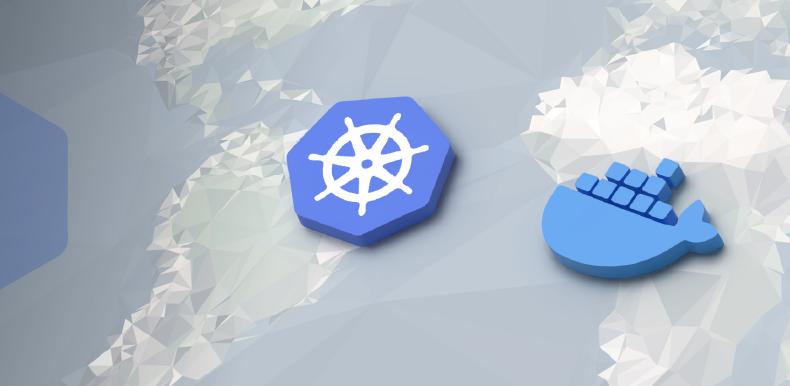Docker and Kubernetes are often mentioned in the same breath, leading to confusion about their roles. While they are both essential components of modern containerization, they serve distinct purposes. Let’s clarify the differences between these two technologies.
Docker: building and running containers
Docker is a platform for building, shipping, and running containerized applications. It packages applications and their dependencies into standardized units called containers. These containers can be executed consistently across different computing environments.
Key benefits of Docker include:
- Isolation: Containers provide isolated environments for applications, preventing conflicts.
- Efficiency: Docker leverages shared operating system kernels, optimizing resource utilization.
- Portability: Containers can run consistently across different platforms.
- Rapid deployment: Docker quickly builds, ships, and deploys applications.
Kubernetes: managing containers
Kubernetes, often referred to as K8s, is an open-source platform designed to automate deployment, scaling, and management of containerized applications. It orchestrates containerized applications across multiple hosts, ensuring high availability and efficient resource utilization.
Key features of Kubernetes include:
- Container orchestration: Automatically schedules and manages containers.
- Load balancing: Distributes traffic across multiple containers.
- Self-healing: Restarts failed containers and replaces them with healthy instances.
- Scalability: Easily scales applications up or down based on demand.
- Deployment management: Simplifies application deployment and updates.
What are the differences between Docker and Kubernetes?
While Docker focuses on creating and managing individual containers, Kubernetes excels at orchestrating and managing multiple containers across clusters. Here is a summary of the main differences:
Feature | Docker | Kubernetes |
Purpose | Build and run containers | Orchestrate and manage containerized applications |
Scope | Single host | Multiple hosts (cluster) |
Focus | Container creation and management | Container deployment, scaling, and management |
Complexity | Relatively simple | Complex, but with powerful features |
When to use Docker vs Kubernetes
- Use Docker when:
- Building and shipping containerized applications
- Developing and testing applications locally
- Deploying simple, standalone applications
- Use Kubernetes when:
- Deploying and managing large-scale, distributed applications
- Automating application deployment and scaling
- Building highly available and fault-tolerant systems
Integration of Docker and Kubernetes
Docker and Kubernetes complement each other effectively. Docker creates the container images, while Kubernetes orchestrates and manages those images across a cluster. Many organizations use Docker to build container images and then deploy them to Kubernetes for management and scaling.
To sum up, understanding the distinction between Docker and Kubernetes is crucial for effective containerization strategies. Docker provides the foundation for building and running containers, while Kubernetes offers the orchestration capabilities to manage complex containerized applications. By combining these technologies, organizations can achieve the full potential of containerization.










